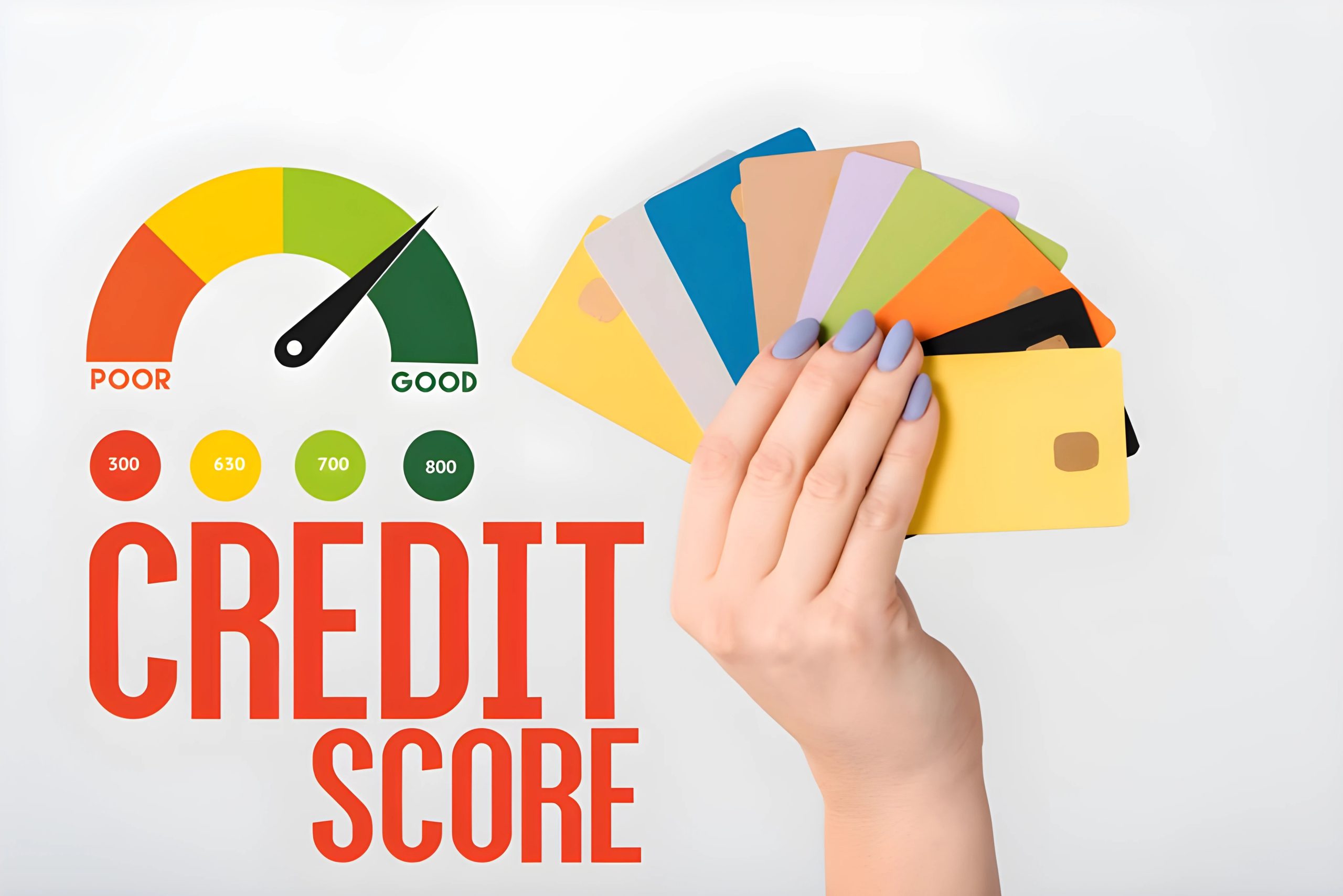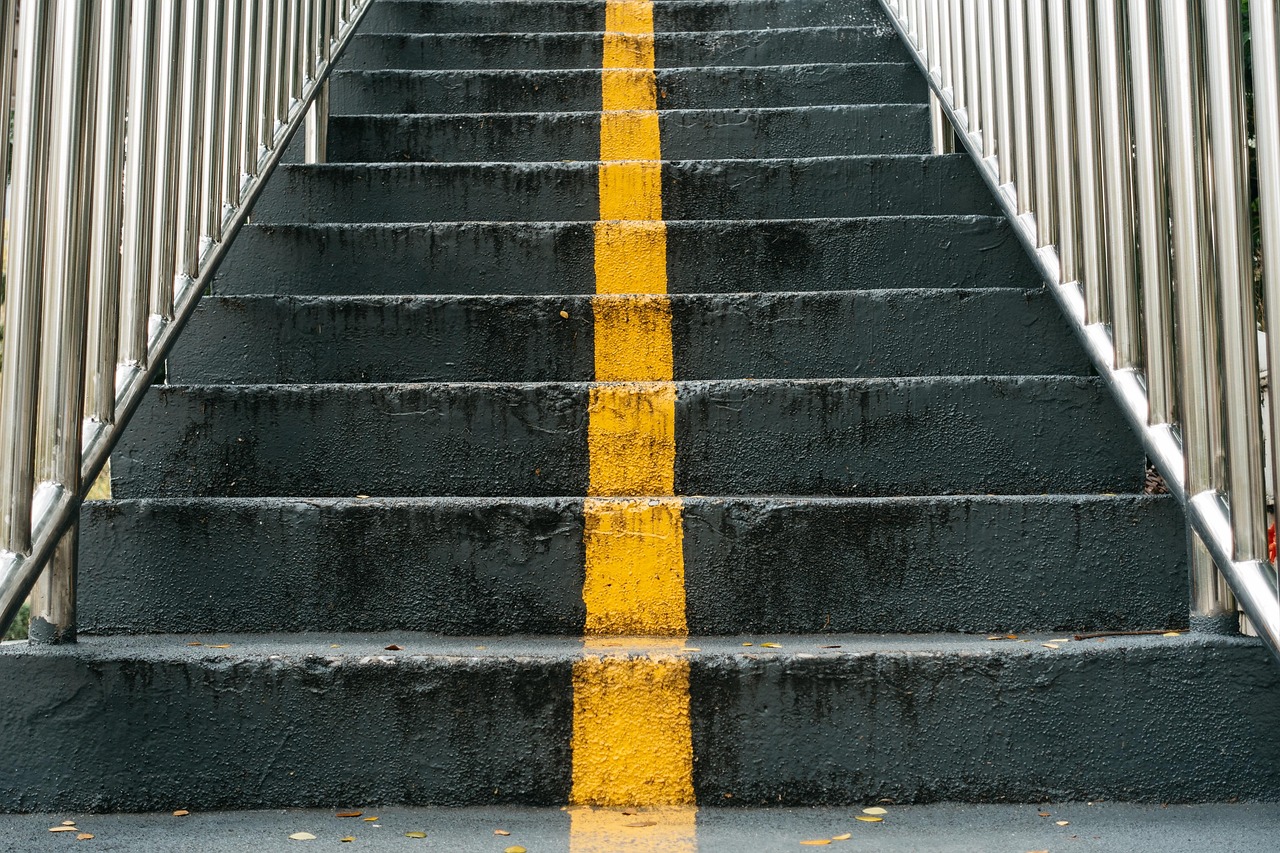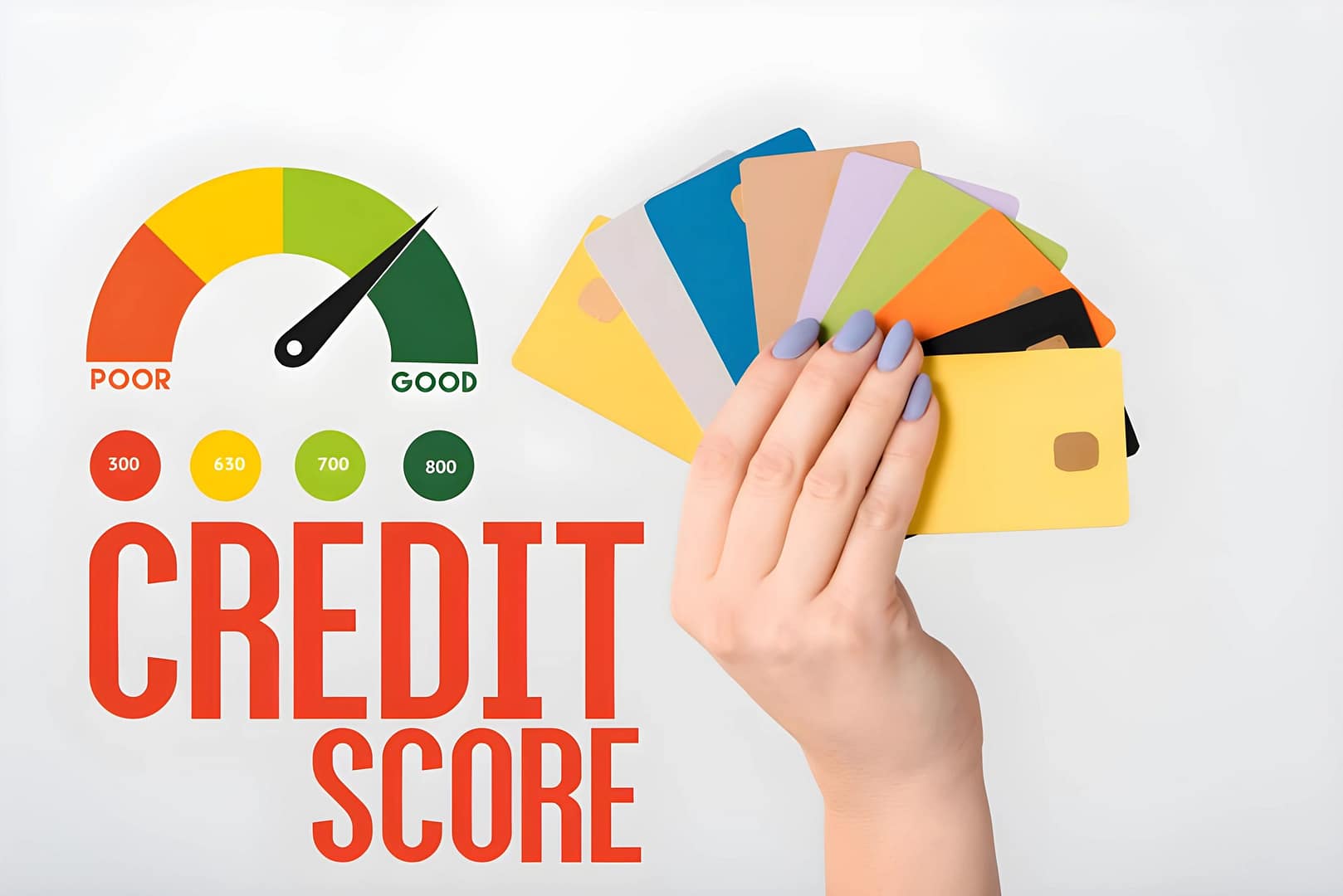We all want to grow our credit score as fast as possible. Whether it’s to buy a car, get approved for a mortgage, or finally get that low-interest credit card, improving your credit score can open up a lot of doors. But when your score has taken a hit, it’s normal to ask: how long does it take to repair a bad credit score?
The short answer? It depends. But the good news is that it’s absolutely possible — and you can start seeing real results in as little as 30 days.
What Is a Bad Credit Score?

In Canada, credit scores range from 300 to 900. Here’s how they’re generally viewed:
- 300–559: Poor
- 560–659: Fair
- 660–724: Good
- 725–759: Very Good
- 760–900: Excellent
If your score is in the “Poor” or “Fair” range, lenders might see you as a higher risk. This can lead to higher interest rates or loan denials, especially for things like auto financing.
How Long Does It Take to Repair a Bad Credit Score?
There’s no one-size-fits-all timeline, but here are some general expectations:
- 30–60 days: You might see small improvements from basic fixes (like paying down credit card balances or removing errors).
- 3–6 months: Consistent positive behaviour (on-time payments, lowering utilization) can start to boost your score more significantly.
- 6–12 months or more: If you’re recovering from major issues like collections or missed payments, it may take up to a year or longer to get back into a “Good” or “Very Good” range.
Your personal timeline depends on factors like:
- How low your score currently is
- The severity of any negative marks
- Your current credit usage
- How aggressively do you work to improve it
6 Practical Steps to Repair Your Credit Faster

If you’re ready to start repairing your credit, here’s where to focus your energy:
1. Check Your Credit Report for Errors
Request a free copy of your credit report from Equifax or TransUnion Canada. Dispute any inaccuracies — even small mistakes can drag your score down.
2. Pay Bills on Time
This is the single most important factor in your credit score. Set up reminders or auto-pay so you never miss a payment.
3. Lower Your Credit Utilization Ratio
Try to keep your credit usage under 30% of your limit. If your limit is $5,000, aim to use no more than $1,500.
4. Avoid Opening Too Many New Accounts
Each credit application triggers a “hard inquiry” and can drop your score slightly. Focus on improving existing accounts before opening new ones.
5. Keep Old Accounts Open
Length of credit history matters. If you have old accounts in good standing, keep them open — they help your average account age.
6. Consider a Secured Credit Card
If your credit is too low to qualify for a traditional card, a secured card can help you rebuild credit while minimizing risk.
Why Credit Repair Takes Time
Think of credit repair like getting in shape — you won’t see results overnight, but consistent effort pays off. Credit bureaus want to see a pattern of good behaviour. One missed payment or high balance won’t sink you forever, but rebuilding trust with lenders takes time.

Can I Speed Up the Process?
Yes, to a point. If your credit score drop was due to something like high utilization or a few late payments, you might see quicker improvement. But for things like bankruptcy or multiple collections, the only way forward is time and consistency.
If you’re financing a car, for example, making your monthly payments on time and keeping your loan in good standing can have a positive long-term effect.
Final Thoughts: Take the First Step Today
There’s no magic fix — but the sooner you start, the sooner you’ll see results. Repairing your credit score takes commitment, patience, and smart financial habits. And remember, you don’t have to do it alone.
At OCAL Financial, we help Canadians understand their credit and get approved for vehicle financing — even with less-than-perfect credit. We believe your credit past doesn’t have to define your future.
Let’s get you back on track — one smart step at a time.
The post How Long Does It Take to Repair a Bad Credit Score? first appeared on OCAL Financial | Used Car Financing.



